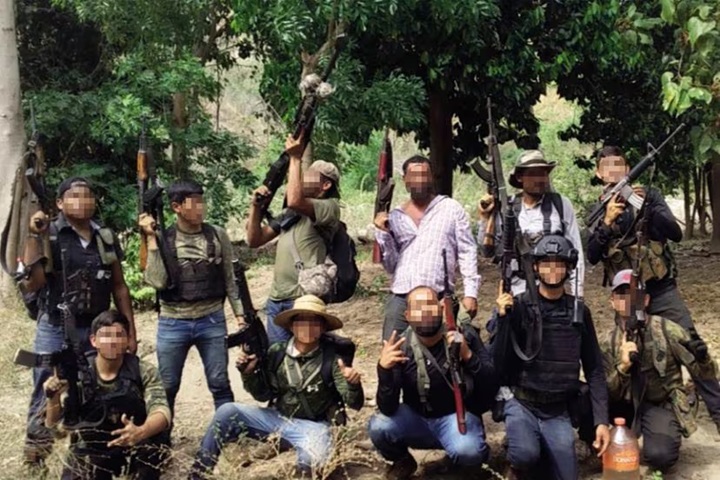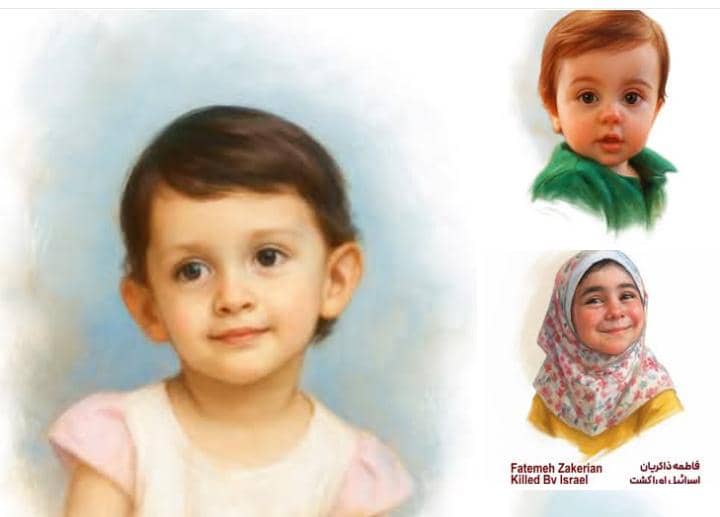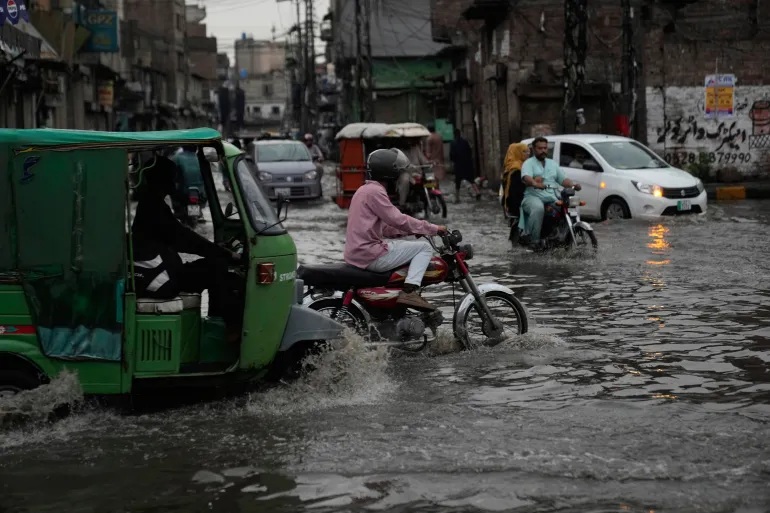Featured
Cholera outbreak: 25 dead in Sokoto, 15 others hospitalised

At least 25 people out of 1,160 reported cases have been confirmed dead as a result of cholera outbreak in three local government areas of Sokoto state.
The state commissioner of health, Asabe Balarabe, revealed this on Monday while speaking with newsmen.
The commissioner went on to say that the state is now treating 15 additional outbreak sufferers from the Sokoto North, Silame, and Kware local government areas of the state.
Balarabe stated that the 15 active cases were identified as active cases based on sensitivity and culture scientific testing of cholera.
The commissioner further said: ” Out of 1,160 people that have been affected by the outbreak, 25 of the victims have already succumbed to the disease.
“The stated rescue teams are collaborating with the state government to manage and forestall further spread of the dreaded disease”.
State government responds to Cholera outbreak
The state government responded to the epidemic by ordering the urgent purchase and free distribution of medications to 18 local government units.
This is reportedly aimed at stopping the disease’s ongoing spread.
The commissioner expressed gratitude for the number of women, particularly expectant mothers, who visited the state’s health facilities to get prenatal care and medical advice.
She outlined the problems that the health sector has been facing for the previous eight years.
Such include outdated infrastructure and insufficient funding.
She conveyed the expectation that Governor Ahmad Aliyu, in his generosity, would ensure the state’s health sector was revitalized.
“Patients often face numerous problems in public health institutions, such as atrocities, loud disturbances, lack of water, and power outages”.
She praised the governor for hiring 864 nurses and midwives to solve the issue of staff shortage in state public health facilities.
However, Balarabe said there are plans to hire more support staff to replace the deceased and those who retired without a replacement.
Diaspora Digital Media (DDM) gathered that the increasing number of cases of the cholera/diarrhea outbreak occurred in the communities of Bazza and Gidadawa in Sokoto Metropolis.
Some of the victims of the outbreak passed away.
Reports says others are still being treated at the Kofar Rini clinic and the Primary Health Center in Bazza, both of which are located in the Waziri B Ward of Sokoto North local government area (LGA).
Cholera
Cholera is a highly infectious bacterial disease caused by Vibrio cholerae, typically spread through:
1. Contaminated water
2. Food (especially seafood, fruits, and vegetables)
3. Fecal-oral contact
4. Poor sanitation and hygiene
Symptoms of cholera
1. One of the symptoms of Cholera is diarrhea, also known as watery stools.
2. Vomiting.
3. Rapid dehydration.
4. Abdominal cramps.
5. Fever.
Stages of cholera
1. The first stage of cholera is the incubation stage, usually between 1-5 days.
2. Mild diarrhea: This usually follows the first stage, as it comes in form of watery stool.
3. Severe diarrhea and dehydration.
4. The final stage can lead to shock and organ failure, especially if untreated, or not handled well.
Treatment
Treatment of cholera includes the following:
1. Oral Rehydration Therapy (ORT): replacing fluids and electrolytes
2. Intravenous fluids: This comes in, especially in severe cases.
3. Antibiotics: Including doxycycline or ciprofloxacin.
Prevention of cholera
Cholera can be prevented by the following ways:
1. By consuming safe drinking water.
2. Proper sanitation and waste management.
3. Regular handwashing with soap.
4. It is important to cook food thoroughly, it helps to prevent the infection.
5. Avoiding raw or undercooked seafood.
Vaccination of cholera
1. Dukoral (oral vaccine).
2. Shanchol (oral vaccine).
Epidemiology
1. Cholera is endemic in many developing countries.
2. Its outbreaks is often linked to natural disasters, conflicts, or poor infrastructure.
3. The infection affects approximately 1.3 million people annually, causing 21,000-143,000 deaths (WHO estimates).
Global Efforts
There have been global efforts towards controlling the outbreak and spread of this infections. such include the following:
1. WHO’s Cholera Control Strategy.
2. UNICEF’s Cholera Response.
3. Vaccination campaigns.
4. Water, Sanitation, and Hygiene (WASH) programs.
For Diaspora Digital Media Updates click on Whatsapp, or Telegram. For eyewitness accounts/ reports/ articles, write to: citizenreports@diasporadigitalmedia.com. Follow us on X (Fomerly Twitter) or Facebook











